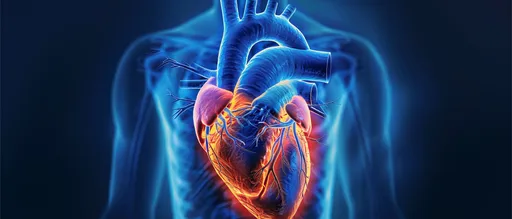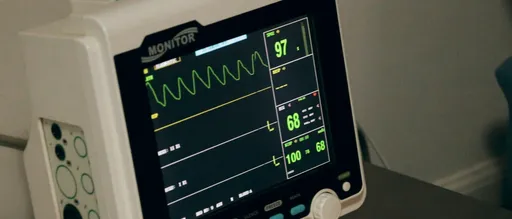“Heart disease continues to be the number one killer; early detection is key, prevention is better than any cure.” ~ Dr. Mehmet Oz
According to the NHS, “Cardiovascular disease (CVD) is a general term for conditions affecting the heart or blood vessels. It’s usually associated with a build-up of fatty deposits inside the arteries (atherosclerosis) and an increased risk of blood clots. It can also be associated with damage to arteries in organs such as the brain, heart, kidneys and eyes.”
The World Health Organization reveals that “Cardiovascular diseases (CVDs) are the leading cause of death globally, taking an estimated 17.9 million lives each year. “
In this article, we will briefly review five disorders of cardiovascular disease (CVD). These include.
- Arrhythmias
- Valvular Heart Disease
- Peripheral Artery Disease (PAD)
- Coronary Artery Disease (CAD)
- Heart Failure
Understanding Cardiovascular Disease (CVD)
Cardiovascular disease (CVD) encompasses a range of disorders. These include the following:
1. Arrhythmias
Irregular heart rhythms can manifest as a fluttering sensation, a racing heart, or a slow heartbeat.
2. Valvular Heart Disease
Involves problems with the heart valves, affecting the flow of blood within the heart. This occurs when the heart has damage or has a disease.
3. Peripheral Artery Disease (PAD)
Affects blood vessels outside the heart and brain, commonly those that supply the limbs, causing pain and reduced circulation. It is an accumulation of plaque in the arteries.
4. Coronary Artery Disease (CAD)
This is the most common type of heart disease in the United States.
CAD is a condition where the blood vessels supplying the heart muscle become narrowed or blocked, leading to reduced blood flow and potentially causing chest pain or a heart attack.
5. Heart Failure
According to the American Heart Association, “Heart failure is a lifelong condition in which the heart muscle can’t pump enough blood to meet the body’s needs for blood and oxygen. Basically, the heart can’t keep up with its workload.”
When heart failure occurs, it leads to inadequate circulation and an inability to meet the body’s needs. Eventually, people experience fatigue and have breathing problems.
If this is occurring to you, please see a doctor immediately!
Next Steps to Beating Cardiovascular Disease
Cardiovascular disease is a multifaceted adversary that requires a comprehensive and proactive approach to prevention.
Awareness of risk factors, lifestyle modifications, and regular health check-ups form the cornerstone of cardiovascular health.
By embracing heart-healthy habits and addressing risk factors, individuals can significantly reduce their likelihood of falling prey to the grip of cardiovascular disease, paving the way for a longer, healthier life.
You have what it takes inside you to make a definite choice that will change the future trajectory of your health.
Our team at Tiger Medical has the experience, clinical skills, and coaching acumen to help you through and provide the necessary tests to be proactive in the prevention of CVD.
To talk to one of our professionals, click here to schedule your call!
For further reading, view the following articles on our Learning center



 8min to read
8min to read
 13min to read
13min to read